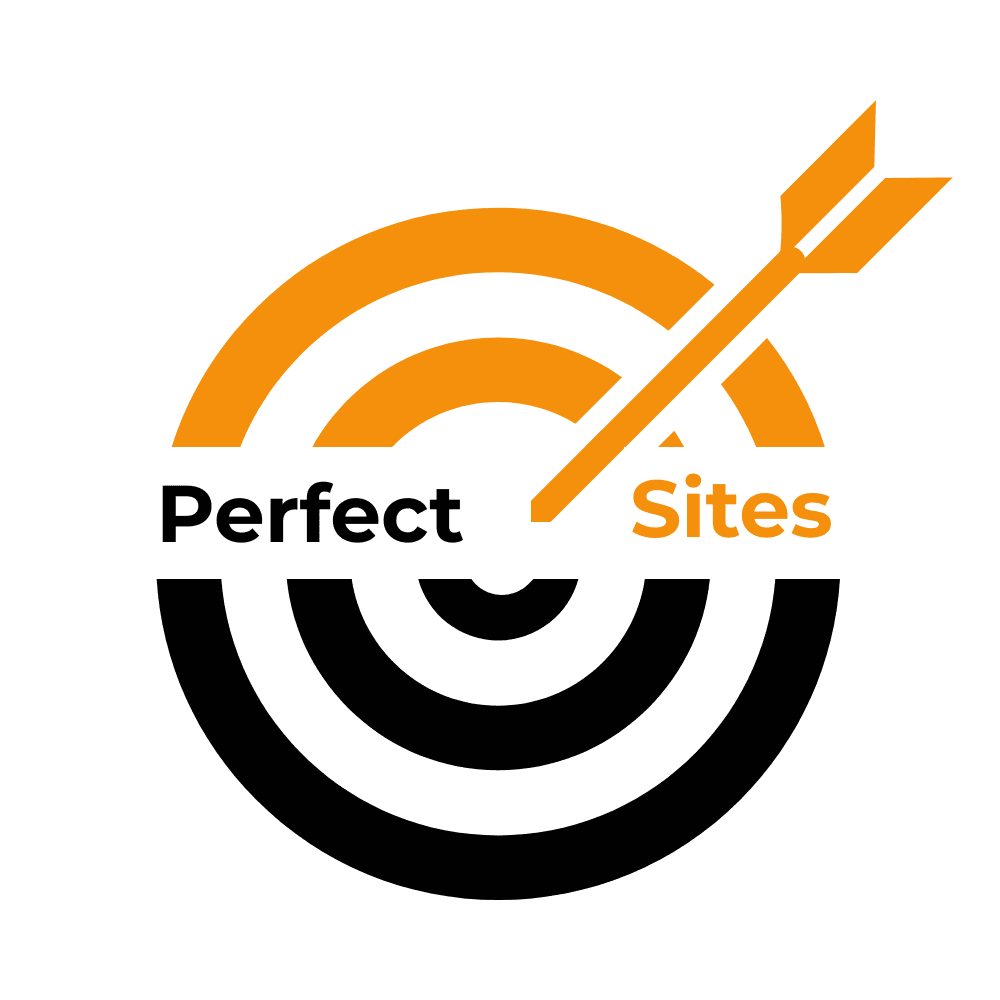Let’s be honest: building a new business website can feel like assembling IKEA furniture without the manual. Now add Newark, New Jersey into the mix; a city buzzing with culture, commerce, and just enough competition to make your palms sweat; and suddenly your website isn’t just a website. It’s your storefront, your pitch deck, your customer service rep, and your first impression, all rolled into one. So, how do you build something that actually works in Newark, not just technically, but locally?
Let’s start with the terrain.
Know where you’re building
Newark’s not a sleepy suburb. It’s a city with over 10,000 businesses and a heavy lean into sectors like transportation, healthcare, education, and fintech. That’s a lot of noise. If you want your site to stand out, it needs to speak Newark’s language.
That means local SEO isn’t optional; it’s foundational. You’ll want to pepper in keywords that people in the area are actually searching for, like “best bakery in Newark,” “Newark NJ real estate,” and so on. Tools like Google Keyword Planner or Ahrefs can help you figure out what those high-intent terms are. And don’t just stuff them in your homepage footer like it’s 2009. Use them naturally, where they make sense.
Source: U.S. Census Bureau – Newark, NJ QuickFacts
Design for thumbs, not desktops
Here’s a stat that should make you rethink your layout: over 60% of all Google searches happen on mobile. And if you’ve ever watched someone on the Light Rail scroll through their phone at lightning speed, you know Newark’s no exception.
If you’re doing it right, your mobile site isn’t just responsive; it’s your main experience. That means fast load times, buttons your thumb can actually tap, and layouts that don’t break when someone flips their phone sideways. Google cares about this stuff. A lot. Use PageSpeed Insights to test your site, and if it’s slower than a dial-up modem in 1998, fix it.
Source: Statista – Smartphone Usage Stats
Speak search engine fluently
Schema markup sounds like something only developers care about, but stay with me. It’s basically a way to give search engines a cheat sheet about your business. When you mark up your name, address, phone number, and hours using local business schema, you’re helping Google understand who you are and where you are.
And for a Newark-based business, that’s gold. It boosts your chances of showing up in the Local Pack; the little map box that shows nearby businesses. Use Google’s Structured Data Markup Helper. It’s not fancy, but it works.
Source: Google Structured Data Markup Helper
Show up in the community, not just online
People trust businesses that show up. Not just on Google Maps, but in real life. So if you’ve sponsored a booth at a Newark street fair, partnered with NJIT, or handed out free coffee near Broad Street Station, put that on your site. Better yet, feature photos, quotes, or short stories about it.
This builds trust, sure; but it also signals to search engines that you’re relevant to Newark. That’s a double win.
Talk like your customers talk
Voice search is creeping into more and more queries, especially in cities like Newark where people are often on the go. Think about how someone might ask Alexa or Siri for what you offer. “Where can I get custom t-shirts in Newark?” or “Best empanadas near Ferry Street?”
Your content should reflect that. Use natural, question-based headings. Keep answers short and clear. It’s not about sounding smart; it’s about being useful.
Speak more than one language
Newark is one of the most linguistically diverse cities in the country. Large Spanish- and Portuguese-speaking communities call it home. If your website only speaks English, you’re leaving money on the table.
Multilingual plugins like Weglot or WPML can help you translate your site quickly. But don’t just run your content through Google Translate and call it a day. Make sure your translated pages make cultural sense and are optimized for search in those languages too.
Let other people do the talking
Trust is contagious. When people see others vouching for your business, they’re more likely to give you a shot. So get those Google reviews. Ask happy customers to leave a few lines on Yelp or Facebook. Then, pull those reviews into your site using a plugin or API.
Also, if you’ve got any local awards, BBB accreditation, or you’re a member of the Newark Chamber of Commerce, don’t be shy. These trust signals matter, especially to folks who are choosing between you and three other tabs open in their browser.
Watch what’s working—and what’s not
Once your site’s live, don’t just let it sit there like a digital brochure. Use Google Analytics and Search Console to see how Newark-area visitors are actually using it. Which pages do they land on? Where do they bounce? Are they clicking that “Book Now” button or ghosting you completely?
Segment your data by location. If people from the Ironbound neighborhood are loving your blog posts but ignoring your services page, that’s a clue. Adjust your content, tweak your calls to action, and keep iterating.
So, what’s the takeaway?
A business website in Newark isn’t just about looking good. It needs to feel local, move fast, speak multiple languages, and prove it’s trustworthy; all while being easy to find on a phone screen in the middle of a busy street. It’s not rocket science, but it does take thought.
Build it right, and you’re not just launching a website. You’re staking your claim in one of New Jersey’s busiest cities. And that’s worth doing well.
That’s the view from the ground.
We’ll be back soon with more real-world insights.
Until then, keep building.
– Perfect Sites Blog
